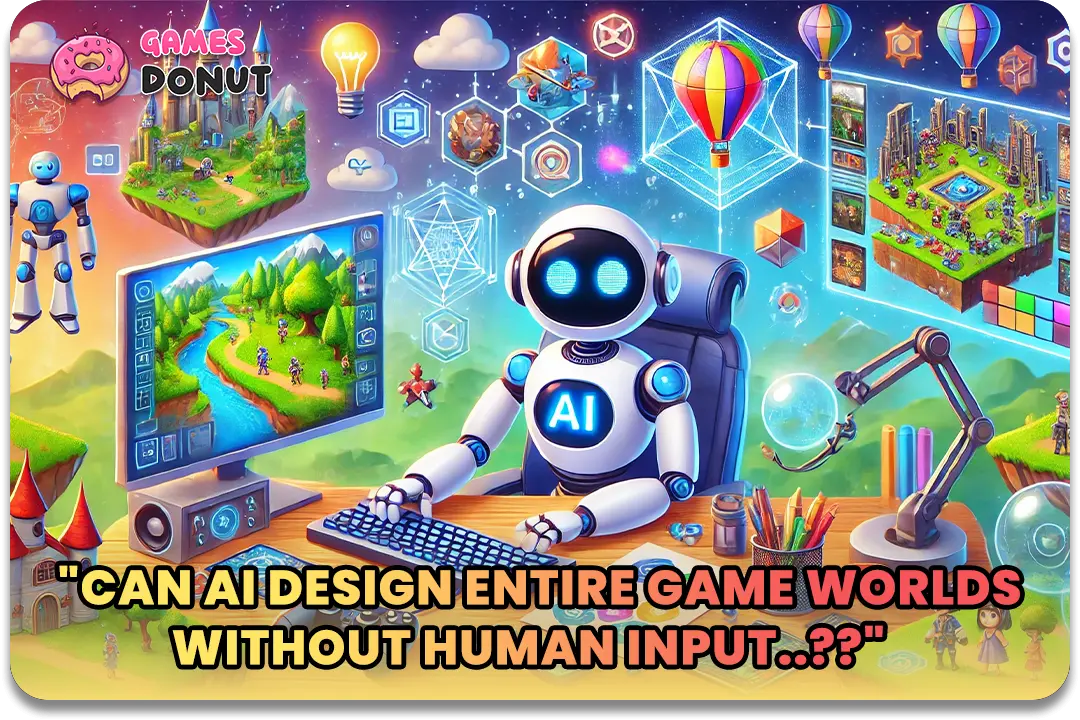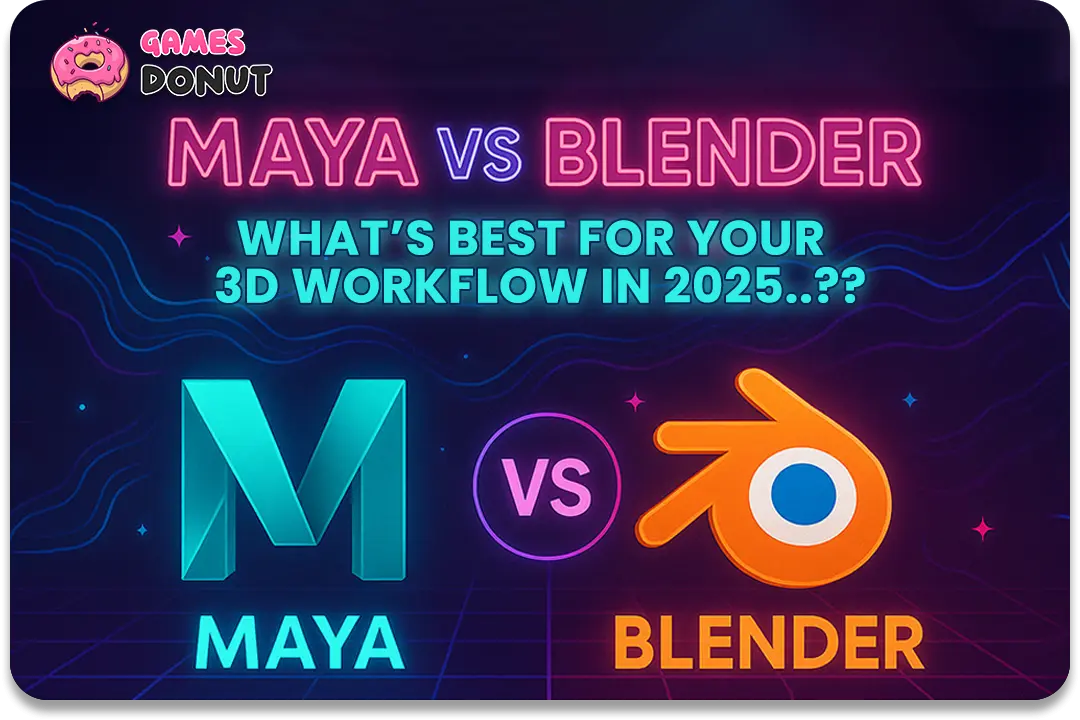The gaming industry has always been a pioneer in adopting new technology, from the early days of pixelated arcade cabinets to the ultra-realistic, immersive experiences we enjoy today. Now, another revolution is brewing — one that combines real money and cryptocurrency in the gaming world. This convergence promises to redefine how we play, earn, and interact in virtual spaces.
But what does this future look like? What happens when in-game currency is no longer just “virtual” and starts holding real-world value through crypto integration?
Let’s dive into this futuristic, yet rapidly emerging landscape.
Gaming and Money: A Relationship That’s Evolving
Traditionally, gaming has been about entertainment — a way to unwind, explore new worlds, and compete with others. However, over the last decade, that purpose has expanded. Games have become social hubs, learning platforms, and most notably, economic ecosystems.
Games like World of Warcraft and Runescape introduced the idea of virtual economies, where items and in-game currency held real value on black markets. But these systems were unofficial and unregulated. Today, blockchain technology and cryptocurrency are formalizing and legitimizing that value.
Imagine earning tokens while playing a game and using those same tokens to pay for food, upgrade your gaming PC, or trade for other digital assets. This is no longer a fantasy — it's already happening.
The Rise of Play-to-Earn (P2E) Gaming
One of the most significant innovations driving this shift is the Play-to-Earn (P2E) model. Unlike traditional games that ask players to pay for content (often through in-app purchases), P2E games reward players with cryptocurrencies or tokens for their time, effort, and achievements.
Real Examples of P2E
- Axie Infinity: Players breed, battle, and trade creatures called Axies, earning tokens (SLP & AXS) that can be exchanged for real money.
- Decentraland: A metaverse-style world where users can buy, sell, and build on parcels of virtual land using MANA, its native token.
- The Sandbox: A user-driven platform where people create experiences, trade NFTs, and monetize their creations.
These games are part of a growing ecosystem where players don’t just consume content — they create, own, and earn from it.
Blockchain: Changing the Rules of Ownership
Traditional games often lock player progress and purchases into centralized servers. If the game shuts down or bans your account, you lose everything.
Blockchain technology flips this model.
Now, when you buy an in-game item (like a skin, weapon, or piece of land), it can be minted as an NFT (Non-Fungible Token) — a unique, verifiable digital asset stored on a blockchain. This gives players true ownership and the ability to:
- Sell items on third-party marketplaces
- Rent out assets to other players
- Use the same item across multiple games (in the future through interoperability)
In this new model, your in-game investments are yours to keep, trade, or monetize — even outside the game.
Crypto Brings Real-World Value
One of the key drivers of this change is the ability to exchange gaming tokens for fiat currency (like USD, EUR, INR, etc.). This means that your gaming skills can literally pay your bills.
In some countries like the Philippines and Venezuela, P2E gaming has already become a form of livelihood. During the COVID-19 pandemic, many turned to games like Axie Infinity to supplement their income, showing the real-world potential of crypto-powered gaming.
This concept — earning a living by playing games — is no longer a dream. It’s an alternative career path, and one that's rapidly gaining legitimacy.
The Pros: Why This Future is Exciting
- Player Empowerment: Gamers finally get to control and profit from their digital assets.
- New Revenue Streams: Developers can earn through transaction fees, NFT drops, or community-driven marketplaces.
- Global Access: Anyone with a smartphone and internet connection can participate, regardless of geography or background.
- Interoperability: Future blockchain games may allow you to take your NFT sword from one fantasy game to another — an internet-wide inventory system.
The Cons: What Could Go Wrong?
While the vision is promising, this new gaming economy is not without risks:
1. Regulatory Uncertainty
Crypto regulations are still evolving globally. Some countries ban or restrict crypto activity, which could make it difficult for developers and players to operate freely.
2. Scams and Rug Pulls
The popularity of crypto gaming has also attracted bad actors. Projects launch, attract investors, and then disappear overnight. Due diligence is essential.
3. Environmental Impact
Proof-of-work blockchains (like older versions of Ethereum) require massive amounts of energy. Though many are shifting to more eco-friendly alternatives, the concern remains.
4. Entry Barriers
Some games require expensive NFTs to begin playing — a high barrier for casual or new players. Without careful balancing, the ecosystem could become exclusive rather than inclusive.
The Future: Gaming Meets the Metaverse
As we look ahead, the fusion of real money and crypto in gaming doesn’t stop with P2E models. The rise of the metaverse is bringing it all together — games, social media, digital economies, and workspaces, in one persistent online universe.
Big players like Meta (Facebook), Google, Apple, and Epic Games are investing billions into metaverse development. In this space, gaming will become more than just a form of entertainment — it will be a digital lifestyle.
Gamers will have jobs, real estate, and reputations in these virtual worlds, and crypto will be the engine powering these economies.
Final Thoughts: The Game is Changing
The question of “what if real money meets crypto in gaming” is no longer hypothetical — it's happening right now. We're witnessing the early days of a massive shift that will empower players, disrupt traditional game development, and create entirely new forms of digital life.
But it’s also a landscape full of challenges, requiring thoughtful design, responsible development, and collaboration between tech innovators, governments, and communities.
If you're a gamer, developer, or entrepreneur — the next few years will be full of opportunity. The lines between play, work, and finance are blurring. And those who adapt early will shape the very fabric of tomorrow’s gaming universe.




